TEHRAN(Bazaar) – Marc Finaud, Head of Arms Proliferation at the Geneva Centre for Security Policy (GCSP), says “Final agreement has been delayed by the complexity of the issues at stake, be it the extent of the sanctions to be removed and the steps to be taken by Iran to return to full compliance.”
He adds that “Another reason was the Iranian presidential election. When the new Iranian team is in place with support from its leadership, concluding the agreement should be easier and at hand in a near future. All sides have a strategic interest in a positive conclusion.”
Following is the text of the interview with Marc Finaud.
Bazaar: France has recently stated that if the Vienna talks are delayed, not only will reach an agreement on the lifting of sanctions be delayed, but it also jeopardizes the possibility of concluding the Vienna talks and reviving the JCPOA. What is your assessment of France's recent stance?
Finaud: This is an expression of impatience and frustration after what France considers were serious efforts to revive the JCPOA. It seems to imply that Iran would lose the benefits of sanctions relief in case of protracted negotiations or failure. This is correct, but everyone would lose in this case.
Bazaar: France also took a tougher stance than other European countries in the negotiations leading up to the JCPOA. Even now, even in the midst of the negotiations, he had raised the issue of Saudi Arabia's entry into the negotiations. Raising these issues could jeopardize the Vienna talks. Is it possible that France will continue to raise similar positions and interrupt the negotiations?
Finaud: It is unclear whether the French government really expected an agreement by all parties to enlarge the number of countries involved in the negotiations. What was probably meant was that, once the JCPOA is restored, there could be interest for all states of the region to discuss further key security issues.
Bazaar: According to the recent words of the Iranian leader, the United States wants to include a clause in the agreement to continue negotiations on other issues. He said in the final meeting of Rouhani's cabinet with Ayatollah Khamenei: “The Americans promises that we will lift the sanctions, but they did not lift the sanctions and will not lift them. At the same time, they make a condition and say that you should include a sentence in the same agreement that some issues will be discussed later, otherwise we will not have an agreement.” Do you think the Iranian leader is not optimistic about the future of the talks?
Finaud: It is of course a positive signal that the Iranian Supreme Leader supports the negotiations. That being said, it is not surprising that, after so many years of tensions and hostility, the basic trust needed to conclude the negotiations is lacking. This explains why no final agreement has been found to date and why more efforts are required on all sides to provide strong mutual assurances of compliance in the future. Despite this lack of trust, technical solutions do exist.
Bazaar: What is your assessment of the outcome of the Vienna talks? If you believe that the parties will reach an agreement, when do you anticipate it?
Finaud: A final agreement has been delayed by the complexity of the issues at stake, be it the extent of the sanctions to be removed and the steps to be taken by Iran to return to full compliance. Another reason was the Iranian presidential election. When the new Iranian team is in place with support from its leadership, concluding the agreement should be easier and at hand in a near future. All sides have a strategic interest in a positive conclusion.

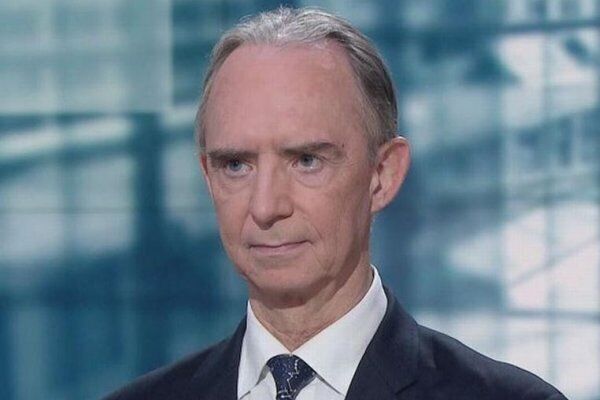




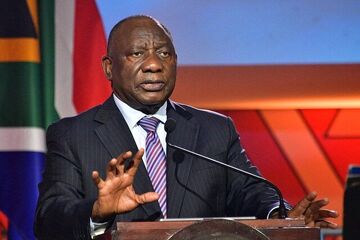

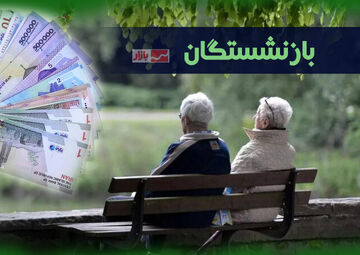
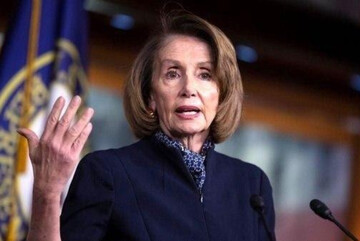

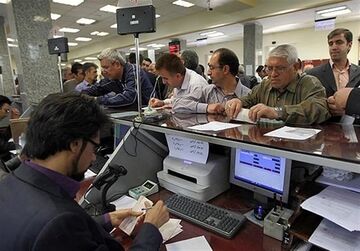


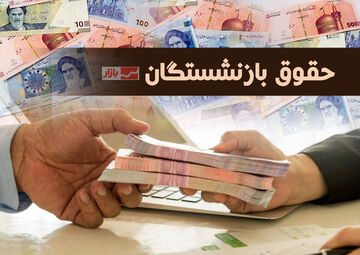
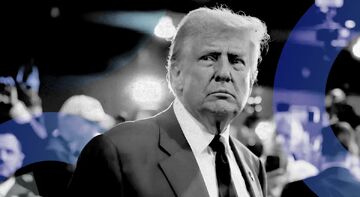
نظر شما